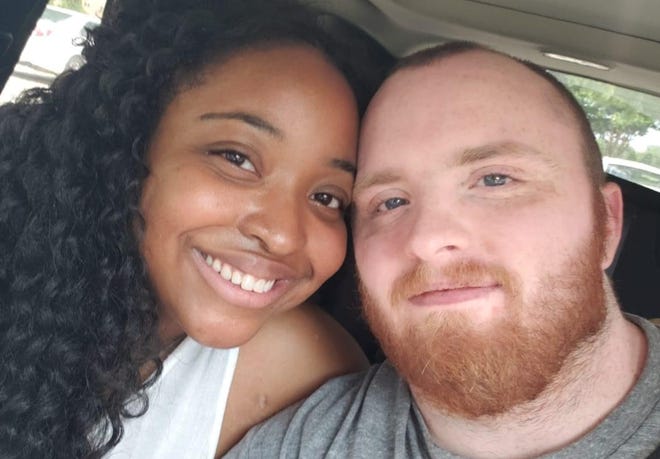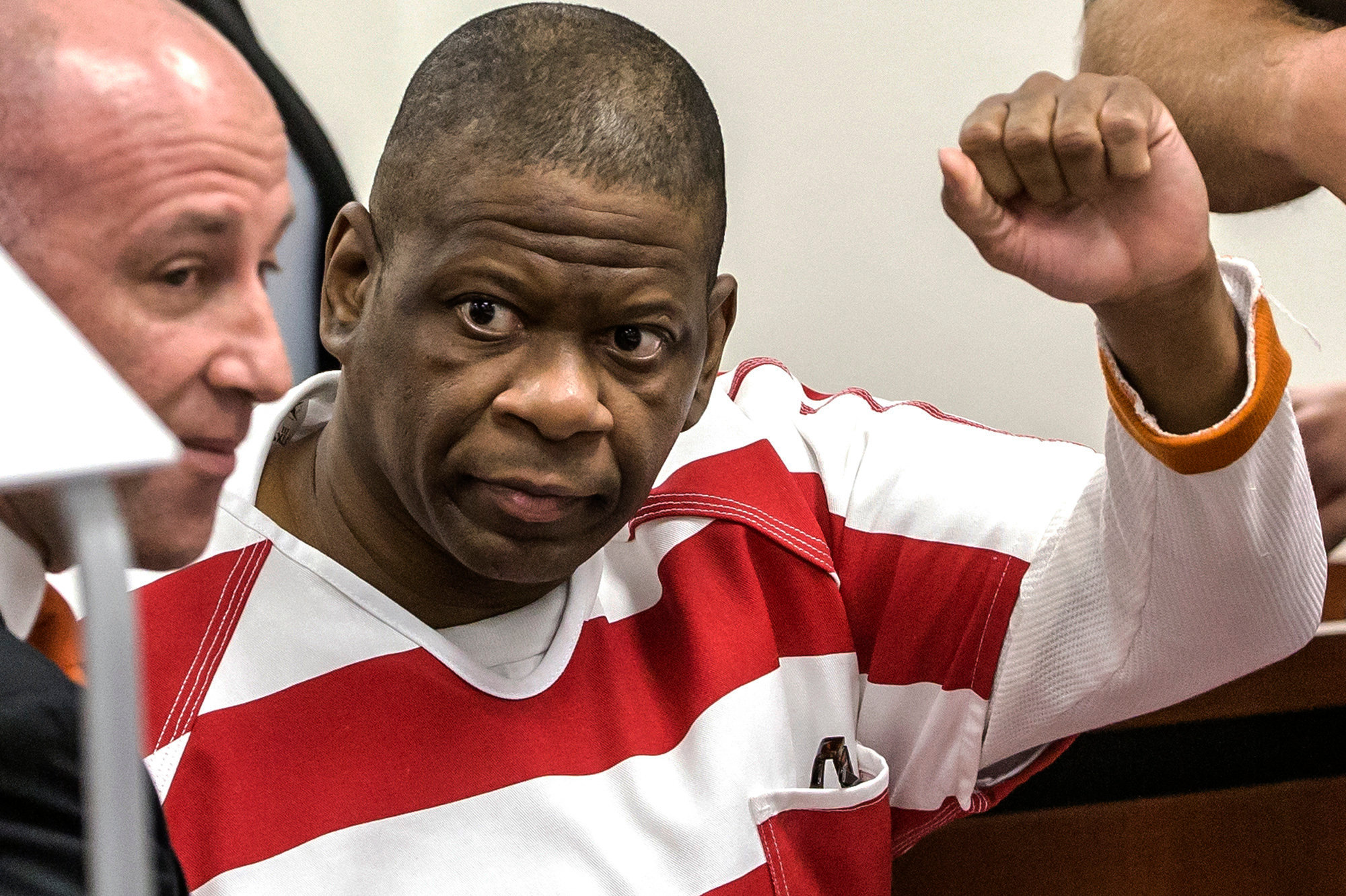Earlier this month, J.K Rowling received backlash after she re-tweeted an article called “Creating a more equal post COVID-19 world for people who menstruate.” The opinion piece contained inclusive language that recognized that people who did not identify as women and non-binary people could also menstruate.
Rowling’s retweet criticized the article’s inclusive language.
“‘People who menstruate,’” she wrote. “I’m sure there used to be a word for those people. Someone help me out. Wumben? Wimpund? Woomud?”
‘People who menstruate.’ I’m sure there used to be a word for those people. Someone help me out. Wumben? Wimpund? Woomud?
Opinion: Creating a more equal post-COVID-19 world for people who menstruate https://t.co/cVpZxG7gaA
— J.K. Rowling (@jk_rowling) June 6, 2020
Thirty minutes later, Rowling followed up her initial comment.
“If sex isn’t real, there’s no same-sex attraction,” she wrote. “If sex isn’t real, the lived reality of women globally is erased. I know and love trans people, but erasing the concept of sex removes the ability of many to meaningfully discuss their lives. It isn’t hate to speak the truth. The idea that women like me, who’ve been empathetic to trans people for decades, feeling kinship because they’re vulnerable in the same way as women – ie, to male violence – ‘hate’ trans people because they think sex is real and has lived consequences – is a nonsense.”
On Monday evening, Rowling stirred controversy again after she deleted a Tweet where she praised Stephen King after King Tweeted in support of trans women.
stephen king tweeted “trans women are women” and didn’t even tag j.k. rowling but she decided to delete her tweets praising his work and unfollowed him after he tweeted that. how much proof do you need to realize that she’s highly transphobic? stop supporting that piece of shit
— victoire (@siriusclaw) June 29, 2020
Rowling’s transphobia originated from a strain of feminism whose members are known as TERFs.
What is a TERF?
TERF is an acronym for Trans Exclusionary Radical Feminists and was coined by trans activists in 2008. Historically, trans-exclusionary radical feminists have blamed trans women for fetishizing and sexualizing the female body to belittle the “true” experience of women.
Janice Raymond is the lesbian mother of the TERF strain of thought. In The Transsexual Empire: The Making of the She-Male (1979), she attacked transgender people’s existence.
“All transsexuals rape women’s bodies by reducing the real female form to an artifact, appropriating this body for themselves,” she infamously wrote in that book.
Rowling responded to being called a TERF through a lengthy post on her website. She tweeted out her response with the caption “TERF wars”
TERF warshttps://t.co/mc58tGXOjs
— J.K. Rowling (@jk_rowling) June 10, 2020
Daniel Radcliffe and Emma Watson, two actors who played the protagonists in the movie adaptations of Harry Potter, voiced their support of trans lives and denounced Rowling’s intent to erase them. Radcliffe responded to Rowling’s transphobia in an article that was published on the website of The Trevor Project, a crisis intervention and suicide prevention organization for LGBTQ+ youth.
“78% of transgender and nonbinary youth reported being the subject of discrimination due to their gender identity. It’s clear that we need to do more to support transgender and nonbinary people”
Thank you Daniel Radcliffe for all your support https://t.co/C56gu10Fkk
— The Trevor Project (@TrevorProject) June 9, 2020
Emma Watson took to Twitter, saying that, “Trans people are who they say they are and deserve to live their lives without being constantly questioned or told they aren’t who they say they are.”
Trans people are who they say they are and deserve to live their lives without being constantly questioned or told they aren’t who they say they are.
— Emma Watson (@EmmaWatson) June 10, 2020
Trans-exclusionary radical feminists, in particular, have contributed to the racist and transphobic sentiments that belittle trans lives. They ignore the fact that variations of trans and non-binary identities have existed in societies and stretch back to precolonial times.






